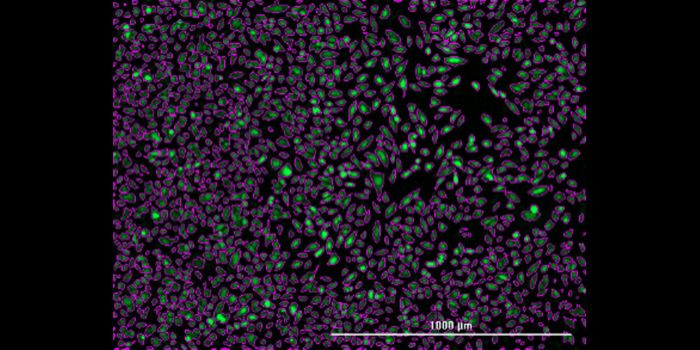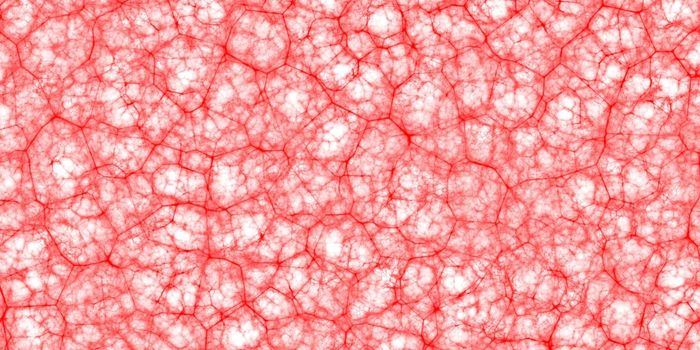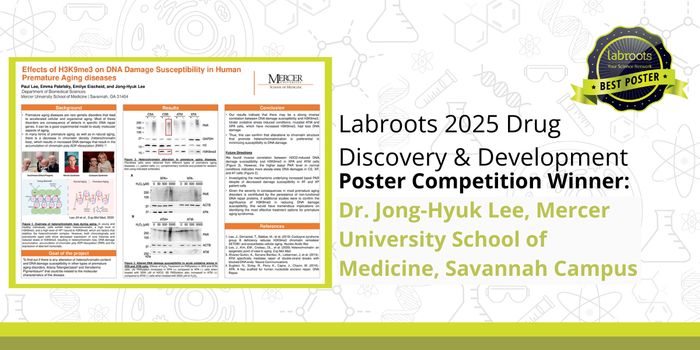Improving Antirejection Medications in Heart Transplant
Placing patients on anti-rejection drugs is reality for all heart transplant patients. As such, recent research at Johns Hopkins Medicine and the National Cancer Institute (NCI) treated mice with a promising anti-rejection drug delivered to the area surrounding a grafted heart. The drug was packaged in a tiny three-dimensional, protein gel cocoon known as a hydrogel. The therapeutic was then released in mice over time—providing regulation in eliminating the need for daily mediation in human patients.
"What was needed was a drug delivery method that would get the anti-rejection medication only where needed; protect the drug from premature degradation; and maintain a high concentration for the period of time needed to retrain the immune system," says study co-author Giorgio Raimondi, M.Sc., Ph.D., assistant professor of plastic and reconstructive surgery at the Johns Hopkins University School of Medicine.
Findings were published in the journal Small.
"Two earlier studies used the hydrogel method to successfully deliver conventional immunosuppressive drugs to other sites, and this prompted us to try it out for transplanted hearts," Raimondi explains.
Learn more about anti-rejection medication in transplantation:
"Additionally, work by a team at the NCI Frederick National Laboratory for Cancer Research under Joel Schneider [Ph.D., a study co-author] showed that hydrogel-drug packages can be administered by syringe."
Source: Science Daily









